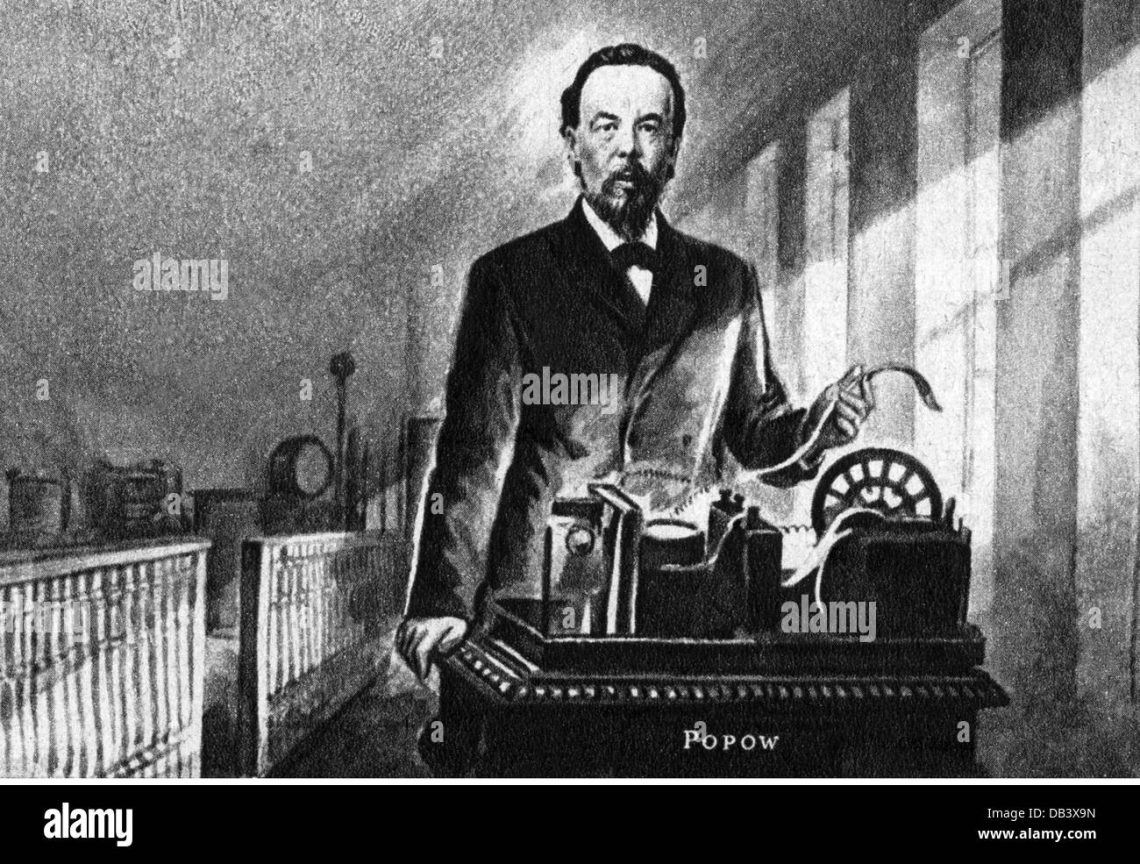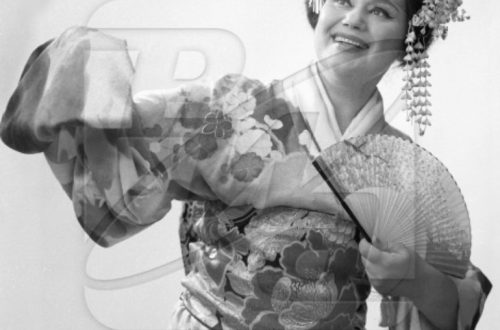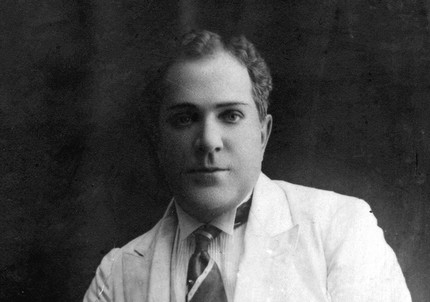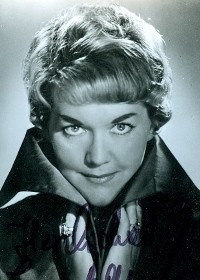
Alexander Stepanovich Voroshilo |
Alexander Voroshilo
Today, many people associate the name of Alexander Voroshilo primarily with leadership positions at the Bolshoi Theater and the House of Music and the scandals associated with his by no means voluntary departure from them. And not so many now know and remember what a brilliant singer and artist he was.
The lyrical baritone of the young soloist of the Odessa Opera attracted attention at the V International Tchaikovsky Competition. True, then he did not go to the third round, but he was noticed, and less than a year later Alexander Voroshilo makes his debut on the stage of the Bolshoi as Robert in Iolanta, and soon becomes his soloist. It seems that the Bolshoi never had such a strong troupe as then, in the 70s, but even against such a background, Voroshilo was by no means lost. Perhaps, from the very debut, no one better than him performed the famous arioso “Who can compare with my Matilda.” Voroshilo was also good in such parts as Yeletsky in The Queen of Spades, the Vedenetsky guest in Sadko, the Marquis di Posa in Don Carlos and Renato in Ball in Masquerade.
In the very first years of his work at the Bolshoi, it fell to Alexander Voroshilo to become a participant in the world premiere of Rodion Shchedrin’s opera “Dead Souls” and the first performer of the part of Chichikov. In this brilliant performance by Boris Pokrovsky there were many brilliant acting works, but two stood out in particular: Nozdrev – Vladislav Piavko and Chichikov – Alexander Voroshilo. Of course, the merit of the great director can hardly be overestimated, but the individualities of the artists themselves were no less important. And just six months after this premiere, Voroshilo creates another image in Pokrovsky’s performance, which, along with Chichikov, became his performing masterpiece. It was Iago in Verdi’s Othello. Many doubted that Voroshilo, with his light, lyrical voice, would cope with this most dramatic part. Voroshilo not only managed, but also turned out to be an equal partner of Vladimir Atlantov himself – Othello.
By age, Alexander Voroshilo could well sing on stage today. But in the late 80s, trouble happened: after one of the performances, the singer lost his voice. It was not possible to recover, and in 1992 he was expelled from the Bolshoi. Once on the street, without a livelihood, Voroshilo for some time finds himself in the sausage business. And a few years later he returns to the Bolshoi as an executive director. In this position, he worked for a year and a half and was fired “due to redundancy.” The real reason was the intra-theatrical struggle for power, and in this struggle Voroshilo lost to superior enemy forces. Which does not mean that he had less right to lead than those who removed him. Moreover, unlike other persons who were part of the administrative leadership, he really knew what the Bolshoi Theater was, sincerely rooted for him. As compensation, he was appointed general director of the then unfinished House of Music, but here he did not stay long either, reacting inadequately to the introduction of the previously unforeseen post of president and trying to confront Vladimir Spivakov, who was appointed to it.
However, there are enough reasons to believe that this was not the end of his rise to power, and soon we will learn about some new appointment of Alexander Stepanovich. For example, it is quite possible that he will return to the Bolshoi for the third time. But even if this does not happen, it has long secured a place in the history of the first theater in the country.
Dmitry Morozov





